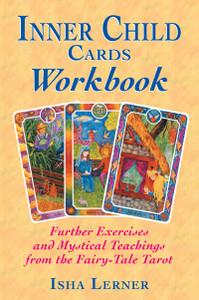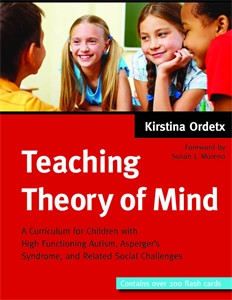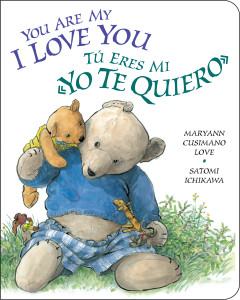Tao Te Ching, by Lao Tzu, is part of the Barnes & Noble Classics series, which offers quality editions at affordable prices to the student and the general reader, including new scholarship, thoughtful design, and pages of carefully crafted extras. Here are some of the remarkable features of Barnes & Noble Classics:
New introductions commissioned from today's top writers and scholars Biographies of the authors Chronologies of contemporary historical, biographical, and cultural events Footnotes and endnotes Selective discussions of imitations, parodies, poems, books, plays, paintings, operas, statuary, and films inspired by the work Comments by other famous authors Study questions to challenge the reader's viewpoints and expectations Bibliographies for further reading Indices & Glossaries, when appropriateAll editions are beautifully designed and are printed to superior specifications; some include illustrations of historical interest. Barnes & Noble Classics pulls together a constellation of influencesbiographical, historical, and literaryto enrich each reader's understanding of these enduring works.
Epigrammatic, enigmatic, intensely poetic, the Tao Te Ching is the mystical, spiritual soul of Taoism, one of the three great religions (along with Confucianism and Buddhism) of ancient China. The Tao is usually translated as the way or the path, but it is better understood as a universal life force that flows around and through all things. The Tao Te Ching teaches us that happiness is found in becoming one with the Tao, which enables us to live in harmony, balance, and peace and to develop the virtues of humility, moderation, and compassion.
Taoism emphasizes non-dualistic thinking and the interconnectedness of all life. The dualistic thinker looks at the world and sees differences, comparisons, and contrasts. The Taoist sage knows that all such judgments depend on the person making them, not on the reality of what is being judged. Unlike theistic (God-centered) religions, Taoism does not involve prayer to a deity. Instead, Taoists meditate on the wisdom in the Tao Te Ching, seeking to unravel the paradoxes and understand the complexities that lie within its simple language.
Yi-Ping Ong graduated with a B.A. in Philosophy from Columbia University and a second B.A. in Philosophy and Theology from Oxford University. She is currently completing her Ph.D. in Philosophy at Harvard.








